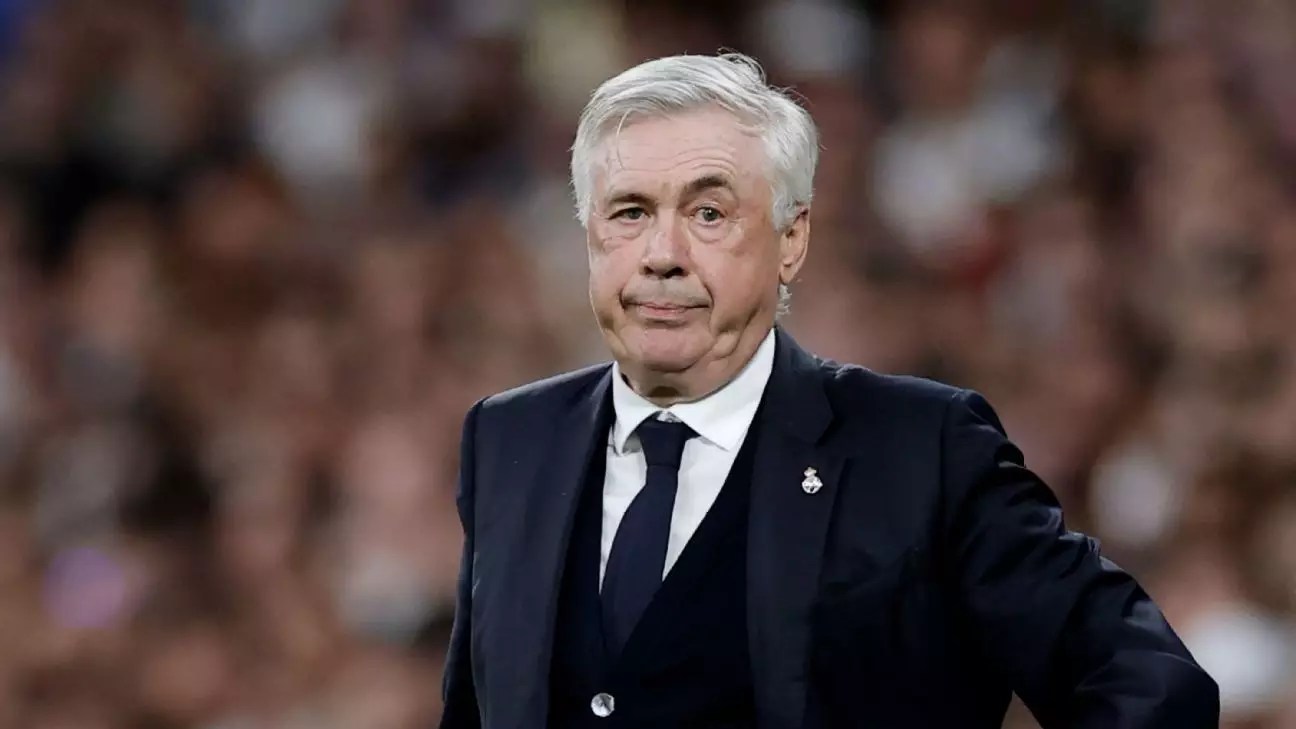The drama surrounding Carlo Ancelotti’s potential move from Real Madrid to the Brazil national team reflects not only personal ambitions but also the complex nature of club versus country dynamics. As reported, Real Madrid’s dissatisfaction with the timing and financial implications of Ancelotti’s expected departure is palpable. The club is reportedly entrenched in its commitment to both the present LaLiga season and the upcoming Club World Cup, seeking to maintain continuity during a turbulent period. Ancelotti, though historically one of the most decorated managers in the club’s storied history, finds himself in a precarious position, navigating the expectations of two formidable entities.
The negotiations surrounding Ancelotti’s exit highlight a recurring theme in football—the tension between the interests of clubs that are vying for immediate success and national teams looking to build for future competitions. In this case, Ancelotti’s contract with Real Madrid runs until June 2026. To seek a way out of this commitment prematurely raises questions about financial responsibilities, which adds layers of complication to the discussions. The Spanish giants seem unwilling to pay his contract off, a position that understandably clouds the negotiation atmosphere rather than facilitating it.
The Brazilian Federation and Urgent Decisions
On the other hand, the Brazilian Football Confederation (CBF) is in a tight spot. Following the firing of Dorival Junior, Brazil’s national squad has been without a steady hand since March, especially after a dismal performance against Argentina. With major World Cup qualifiers around the corner, including clashes with Ecuador and Paraguay, the urgency to fill the coaching position is surging. CBF representatives in Madrid are racing against time, attempting to secure Ancelotti while avoiding pressure tactics that could jeopardize his current obligations at Real Madrid. The delicate balancing act exemplifies the uncomfortable reality that decisions in football often hinge on timing—both in negotiations and performance.
If the CBF cannot finalize a deal for Ancelotti in the coming days, they may be forced to turn back to Jorge Jesus, the coach of Al Hilal. This situation underscores the volatile nature of coaching appointments, where the right fit must align perfectly with the immediate needs of the team. With the stakes so high for Brazil’s aspirations—including their fourth-place position in World Cup qualifying—any further delay could significantly impact their strategy moving forward.
Real Madrid’s Ambition in Dismay
For Real Madrid, the current season has been marked by disappointment. The losses to Arsenal in the Champions League and to Barcelona in the Copa del Rey have left fans and club officials on edge, especially as the team trails their Catalan rivals by four points in LaLiga. This is not the kind of season that breeds harmony; it is a call to action, demanding tact and focus from Ancelotti, who would ideally stay till the end of the season to steer the ship through turbulent waters.
Ancelotti’s legacy at the Santiago Bernabéu is not in question; it is his present that is under the microscope. His ability to balance the aspirations of Real Madrid while also contemplating the serious opportunity that comes with coaching Brazil could mark a significant fork in the road in his storied career. As both sides strive to mitigate disruption while pursuing their respective goals, fans of the sport are left to ponder the true cost of ambition—a cost that is often buried beneath contracts and negotiations but always has consequences on the pitch.


Leave a Reply